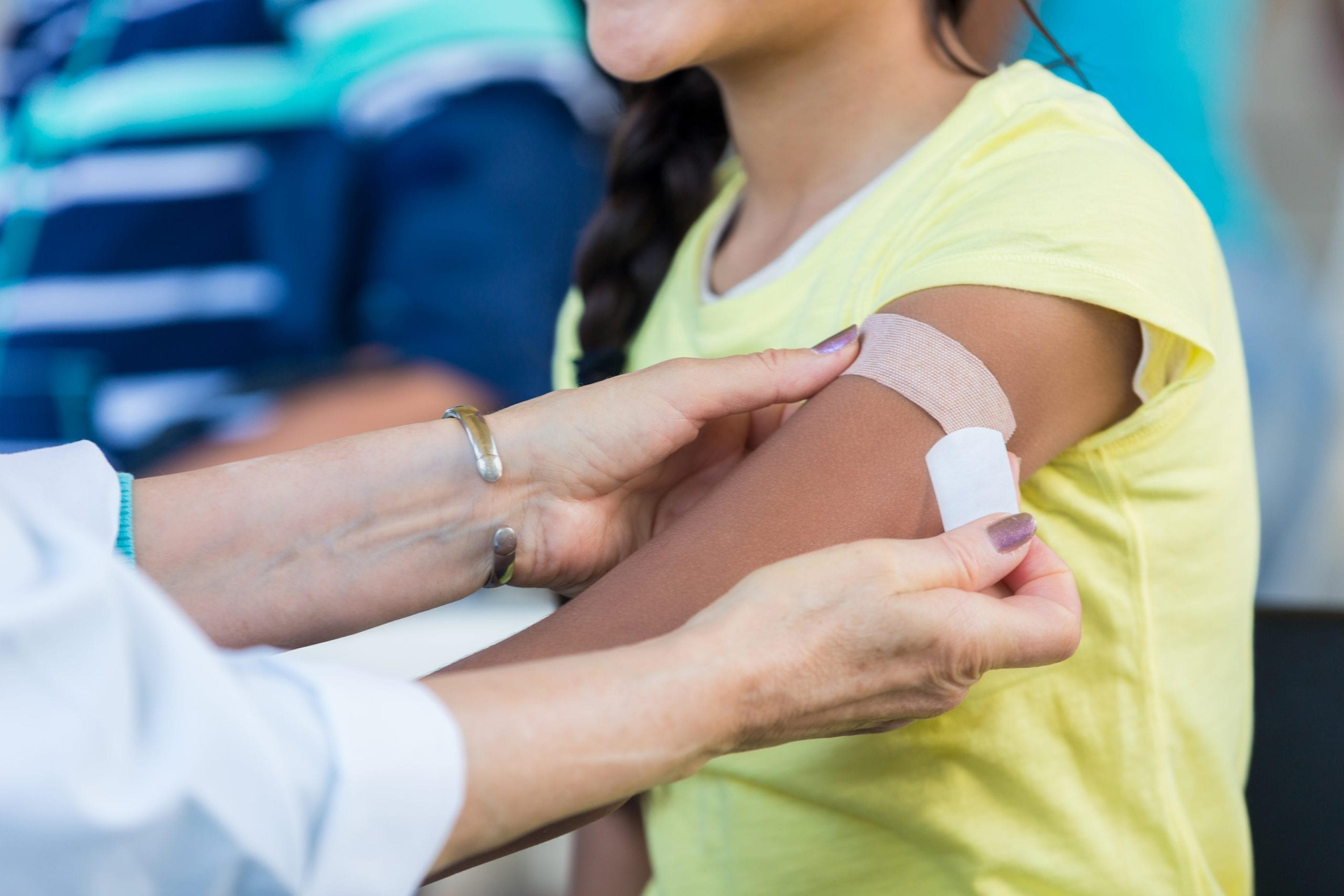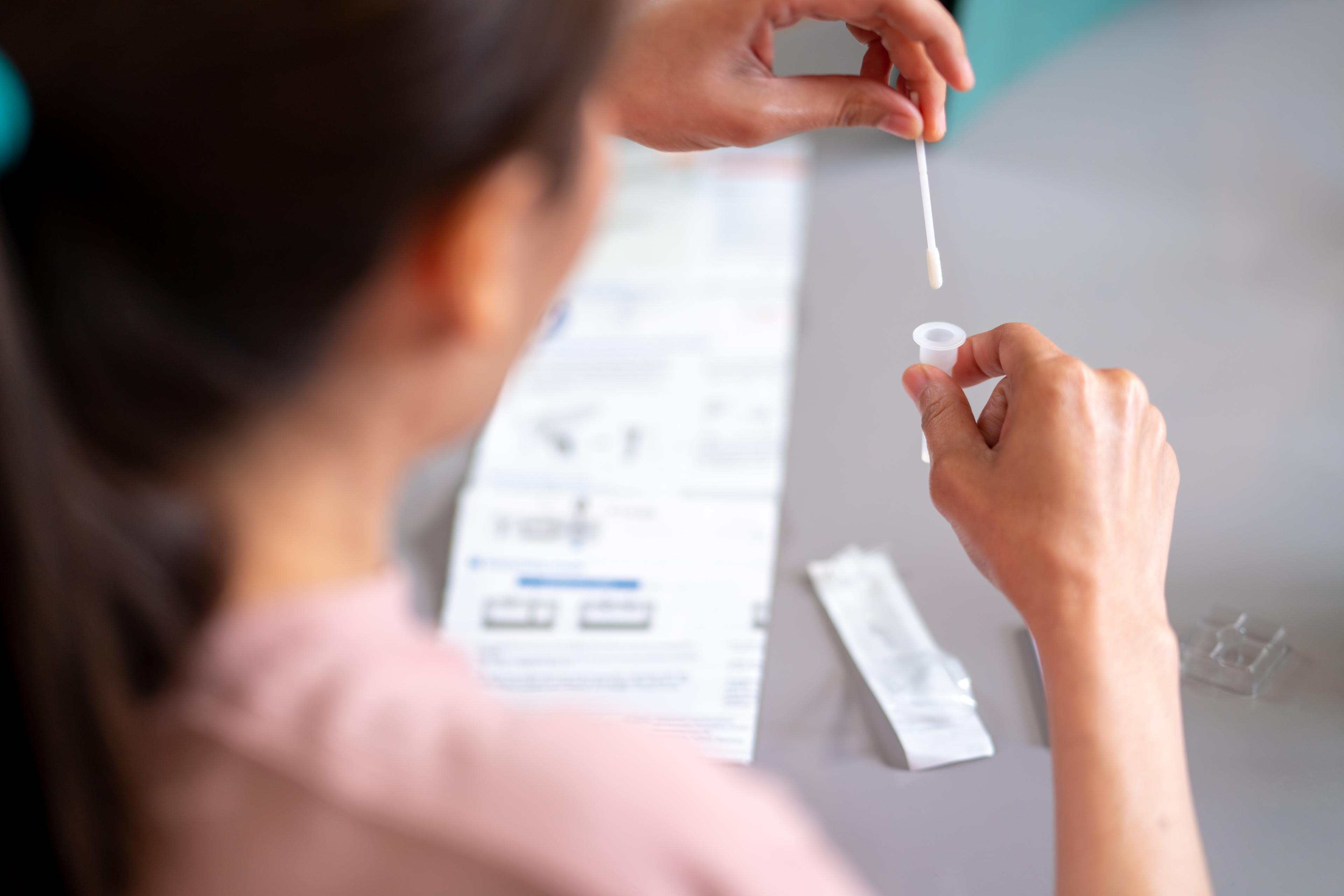
For adults and children, staying up to date on COVID-19 vaccination means you need booster shots, according to the U.S. Centers for Disease Control and Prevention’s recommendations. Staying up to date on COVID vaccination is the best way to protect individuals and communities against the virus. Health officials expect cases of COVID-19 to increase in the fall and winter months. There are updated booster doses now available from Moderna and Pfizer that have been updated to target the Omicron variant in circulation now, as well as the original strains that were covered by previous vaccines. These updated “bivalent” vaccines have received emergency use authorization from the U.S. Food and Drug Administration and are available at pharmacies and health care providers.
Q: When do I need a booster dose?
A: It depends on multiple factors, including your age, if you are moderately or severely immunocompromised, the vaccine you first received and the timing of your last COVID vaccination dose.
- Use the CDC’s online tool to find out when you need a booster, and which type of booster dose best fits your status.
Q: Who can get an updated booster dose?
A: Updated bivalent boosters are available for everyone aged 5 years and older. To be eligible for these boosters, you’ll need to have completed your primary vaccination series and be at least two months out from your last dose of any COVID vaccine.
For children aged 6 months to four years who had the Moderna vaccine as their primary series, a booster dose is available two months after their last shot.
For children aged 6 months to 4 years who had the Pfizer vaccine as their primary series, there is no booster dose recommendation. The Pfizer primary series includes an updated bivalent shot for this age group.
Those who have recently been infected with COVID-19 should wait three months after they tested positive to get this updated booster shot.
Q: What do the updated bivalent boosters contain?
A: These updated COVID-19 booster shots contain coding for the spike protein for two different strains of the virus. One is the original strain that was in the original vaccines and the other will target the spike protein of dominant Omicron variants BA.4 and BA.5. This is referred to as “bivalent.”
Q: Does the updated bivalent booster offer better protection than previous boosters?
A: The FDA says the updated booster(s) will continue to provide protection against the original strain, while also providing better protection against the currently circulating strains of omicron BA.4 and BA.5. It is theorized that the updated boosters will induce a broader immune response that is expected to produce better protection against future variants and provide a boost to ensure you have updated immunity.
Q: Can I get an updated COVID-19 bivalent booster and a flu shot at the same time?
A: Yes, it is encouraged that people get their flu vaccine this flu season and that it is safe to get the updated COVID-19 booster and the flu vaccine at the same time. This will ensure that you are protected against both viruses.
Q: Will the updated bivalent booster shots be covered by Blue Cross Blue Shield of Michigan and Blue Care Network?
A: Yes.
Q: How do I get a vaccination or booster dose?
A: Search vaccines.gov, text your ZIP code to 438829, or call 1-800-232-0233. More from MIBluesPerspectives.com:
- What to Do When You’ve Lost Your COVID Vaccine Card
- Flu Season 2022-2023: What You Need to Know
- The Difference Between COVID-19 and the Flu
Photo credit: Getty Images






